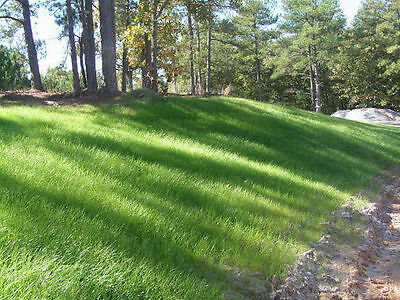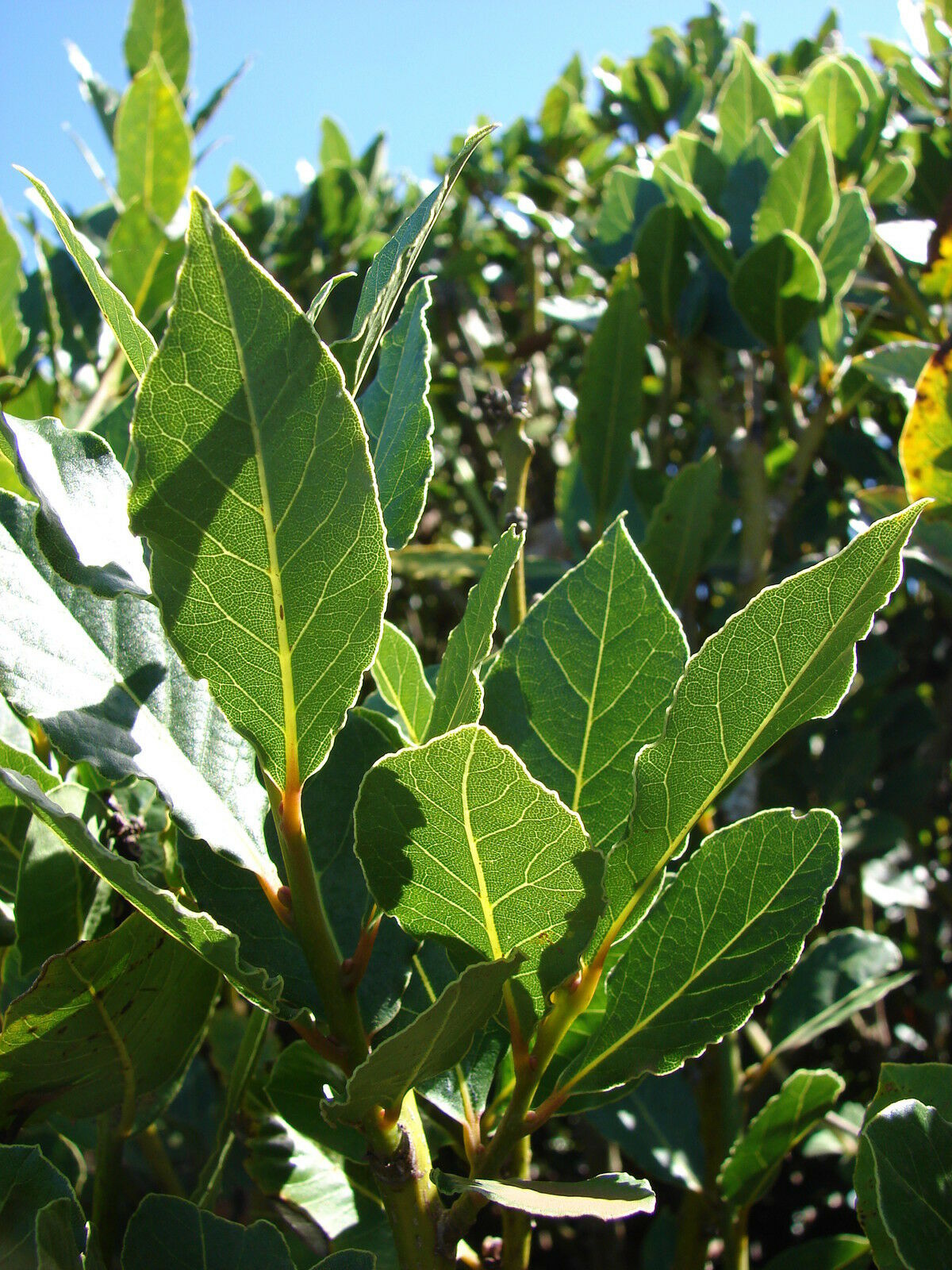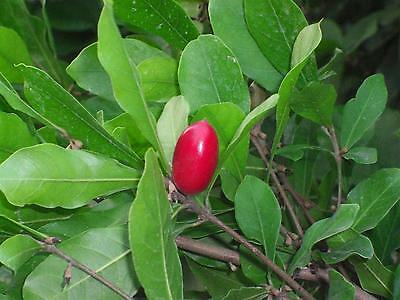-40%
SeedRanch Sahara Bermuda Grass Seed Coated - 2 Lbs. (Plants - 1000 Sq.ft.)
$ 9.38
- Description
- Size Guide
Description
SeedRanch Sahara Bermuda(Coated)
Grass Seed
Planting Specifications
Daily Light Required:
Full sun (8+ hours of daily sun)
Sun Tolerance:
Excellent
Shade Tolerance:
Low
Grass Color:
Medium to dark green
Grass Texture:
Moderately fine
Drought Tolerance:
Excellent
Disease Resistance:
Very good
Traffic Tolerance:
Excellent
Planting Zones:
All of zones 9,10,11,12; lower parts of zones 2,3,5,8
Recommended Planting Dates:
Late spring through summer
Planting Rate: New Lawns:
2 lbs/1,000 sq ft;
Overseeding:
1 lb/1,000 sq ft
Planting Depth:
1/8”
Germination:
7-21 days
Mowing Height:
1”-1 1/2”
Planting Instructions
New Seeding
Prepare the soil by tilling to a depth of 4-6 inches. Conduct a soil test to be sure your soil has the proper nutrients it needs for a healthy lawn. Apply fertilizer and lime at the recommended rates. If you are unable to conduct a soil test, apply lime and a complete lawn fertilizer according to the recommended rates on the packages. Work lime and fertilizer evenly into the soil, then rake the soil surface smooth to give the seed an ideal bed in which to establish healthy roots. Sow the grass seed by evenly spreading according to the recommended seeding rates. Rake, harrow, or otherwise work the seed into the soil 1/4’” to 1/2” deep. Keep the area well watered until the seed germinate and the seedlings have grown sufficiently to establish a lawn, then water as needed.
Overseeding or Re-Seeding
Before overseeding, it is important to prepare the soil. Conduct a soil test to be sure your lawn has the proper balance of nutrients. Fertilize and lime if needed. Mow or clip the existing grass as closely as possible. Remove clippings and rake, harrow lightly, or aerate the soil where there is existing lawn. This will allow the new seed to make contact with the soil. Sow the seed and gently rake to cover. Keep the lawn moist until seedlings are established, then water as needed.
Undesirable Lawns
Rid your lawn of undesirable grasses following the steps below so that you can establish a desirable lawn:
During any growing season, spray the established undesirable turf with a non-selective herbicide labeled for lawn use. Follow the directions on the label.
After the lawn turns brown, continue with your seeding program as outlined above. Be sure to start with a soil test or a complete lawn fertilizer.
Improving Bare Spots
Mow your lawn closely, then remove leaves, dead grass, etc. Rake, harrow lightly, or aerate the bare spots to prepare the seedbed. Conduct a soil test to be sure the soil has the proper balance of nutrients. Fertilize and lime if needed.









